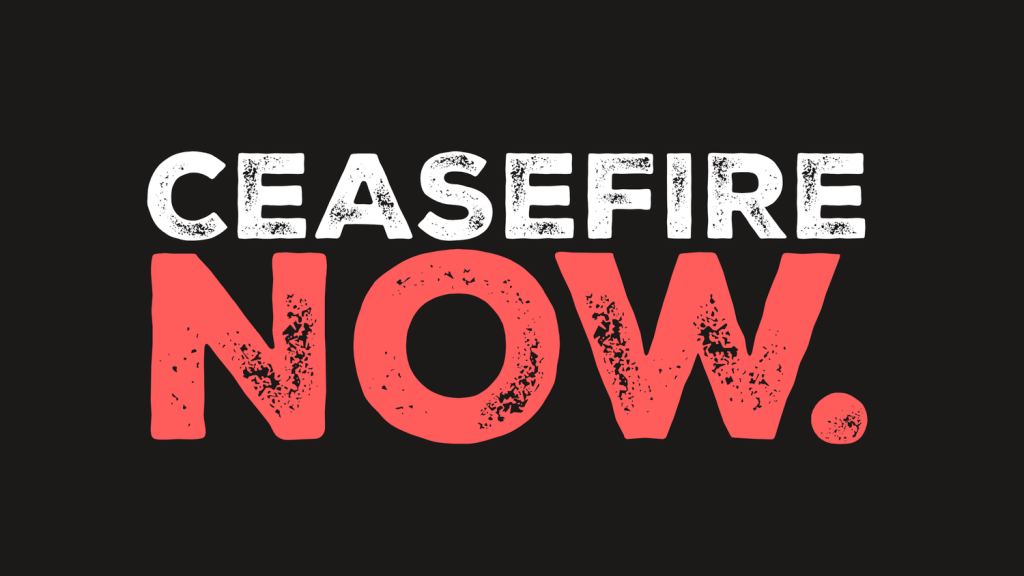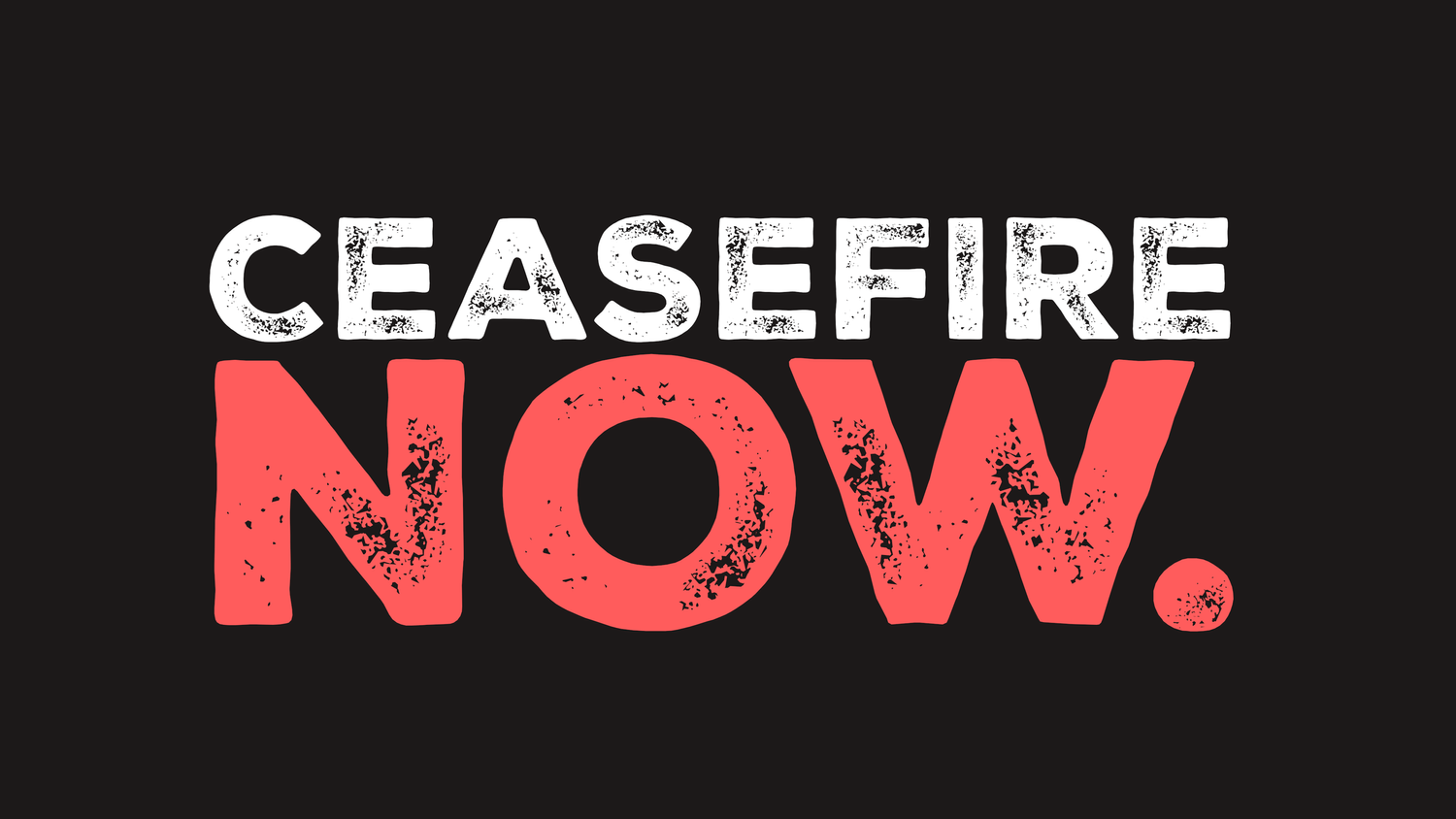Early in December, I wrote an article for the ‘i’ paper calling for a referendum on the monarchy. This followed weeks of arguments and revelations about Omid Scobie’s new book on the royal family. More importantly, it followed a poll showing declining support for the monarchy as an institution.
Although you can read the article on the ‘i’ paper’s website, I forgot to post a copy of it on here (I need to get bettter at remembering to do this!). The article is below.
One of the most frequently heard arguments for royalty is that they unite the country. Supporters of monarchy say the British public will rally behind a king or queen in a way they never will for a politician or political movement.
This is a bizarre claim for a family that cannot even keep themselves united, producing brothers so disunited that they feel the need to live in separate continents.
We have had another week of scandals about the personal feuds and jealousies of Britain’s favourite dysfunctional family. Amid all the gossip about the private lives of the super-privileged, the views of voters have rarely been mentioned.
So you might not have heard that opposition to the monarchy has reached a record high.
A Savanta poll has put support for retaining a monarchy at 52 per cent of the British population.This compares to 62 per cent in a YouGov poll only three months ago. The number backing an elected head of state now exceeds a third of the population, at 34 per cent (the remainder are “don’t knows”). Among adults under 35, supporters of monarchy are outnumbered by those wanting to elect a head of state, by 43 per cent to 38 per cent.
Royalists can of course point out that 52 per cent is still more than half. What they cannot reasonably claim is that the monarchy unites Britain.
It is impossible to hear the figure of 52 per cent without thinking of the Brexit referendum. In the wake of the vote, Leave voters emphasised that 52 per cent is a majority. Yet not even the world’s greatest optimist would claim that Brexit is an issue on which the British population is united.
This is why we need a referendum on the future of the monarchy.
On the surface, royalists have good grounds to welcome a referendum. Looking at the polls, they may well expect to win. They would have the backing of most of the media – including the sort of newspapers that could be relied on to launch vicious personal attacks on their opponents.
The problem for royalists in a referendum would be that both sides would be expected to be open to challenges and questions. But barring Harry and Meghan’s celebrity-style interviews, the Windsors almost never answer questions, let alone difficult ones. The Dutch translation of Omid Scobie’s book Endgame identified Charles Windsor and Kate Middleton as the two royals alleged to have made prejudiced comments about the appearance of Harry and Meghan’s son Archie. But they are not expected even to respond to this accusation. Whether or not the allegation is true, any other public figure would be expected to comment if accused of racism. Yet they can seemingly ignore it.
Such arrogance would be painfully on display in a referendum campaign. Andrew’s infamous Newsnight interview gives a clue as to how well royals might cope if they were subjected to serious questioning. Alternatively, they would hold themselves aloof from the debate and be seen to treat the rights of voters with contempt.
A referendum would expose the reality that monarchy and democracy don’t mix.
As pro-royal commentators rush to condemn Scobie and Endgame, the focus on family feuds risks missing the main point. Scobie’s premise is that this could be the “endgame” not just for Charles or William but for the British monarchy itself.
Scobie describes the royal family as “debilitatingly out-of-touch, even expendable, with an increasing percentage of the public”. That’s just in Britain. Countries such as Belize and Jamaica – where William and Kate travelled through the crowds standing up in a Land Rover like colonial conquerors – are likely to ditch the monarchy before Charles has got the throne warm.
In light of the latest revelations and polling figures, it’s time people in the UK were allowed to make a decision: do we want a system in which we bow down to our supposed superiors because of an accident of birth, or do we trust ourselves to run society together as equals?




